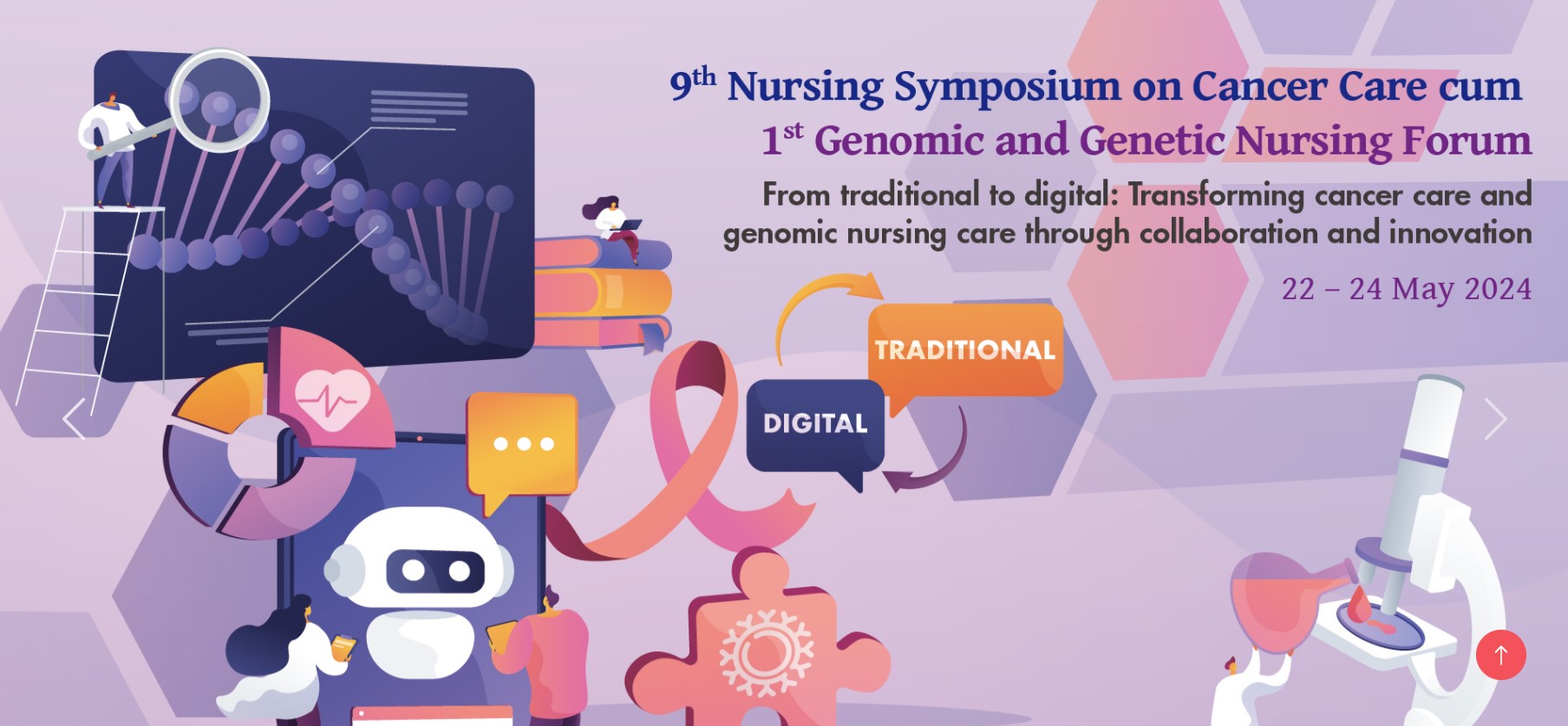This May, I had the privilege of attending the 9th Nursing Symposium on Cancer Care cum 1st Genomic and Genetic Nursing Forum, held on 22-24 May 2024. The event was a vibrant platform, organized by The Nethersole School of Nursing at the Chinese University of Hong Kong (CUHK), for sharing cutting-edge research and innovations in cancer care, focusing on the transformative journey from traditional cancer care to a future dominated by digital and genomic advancements. I was impressed by the variety of high quality speakers who graced this symposium. I am definitely honored to have been an invited plenary speaker among such established and high-caliber academics and cancer practitioners.
This content is only available to subscribers. Please register an account or login for access.
